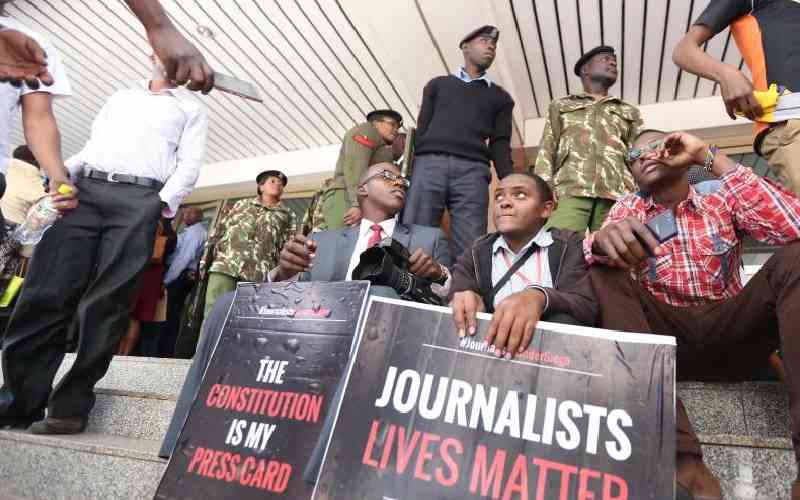×
The Standard e-Paper
Home To Bold Columnists

The important role of journalism in any society cannot be overstated. Journalists work hard every day to provide people with accurate information which they can use to make important decisions.
They also strive to hold those in power accountable, sometimes by conducting investigations to unearth the dark side of those who wield power.